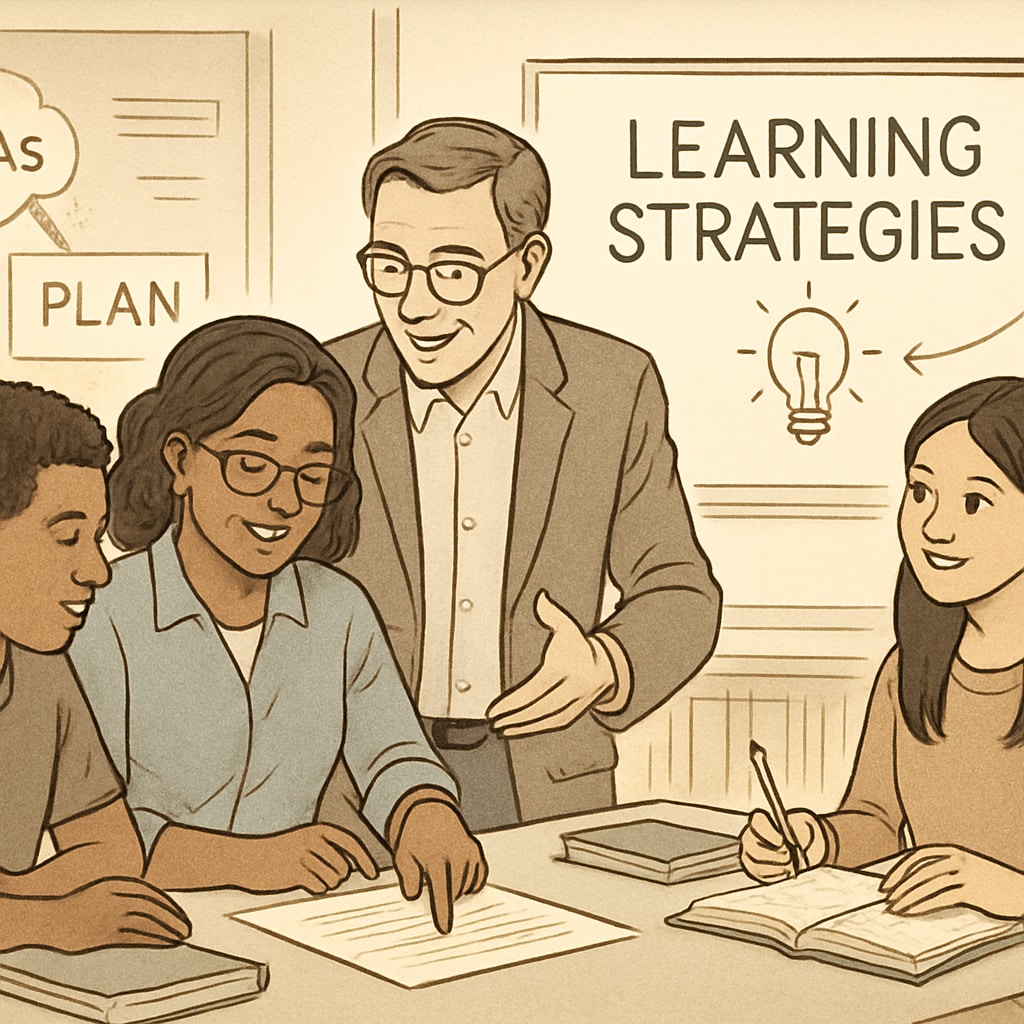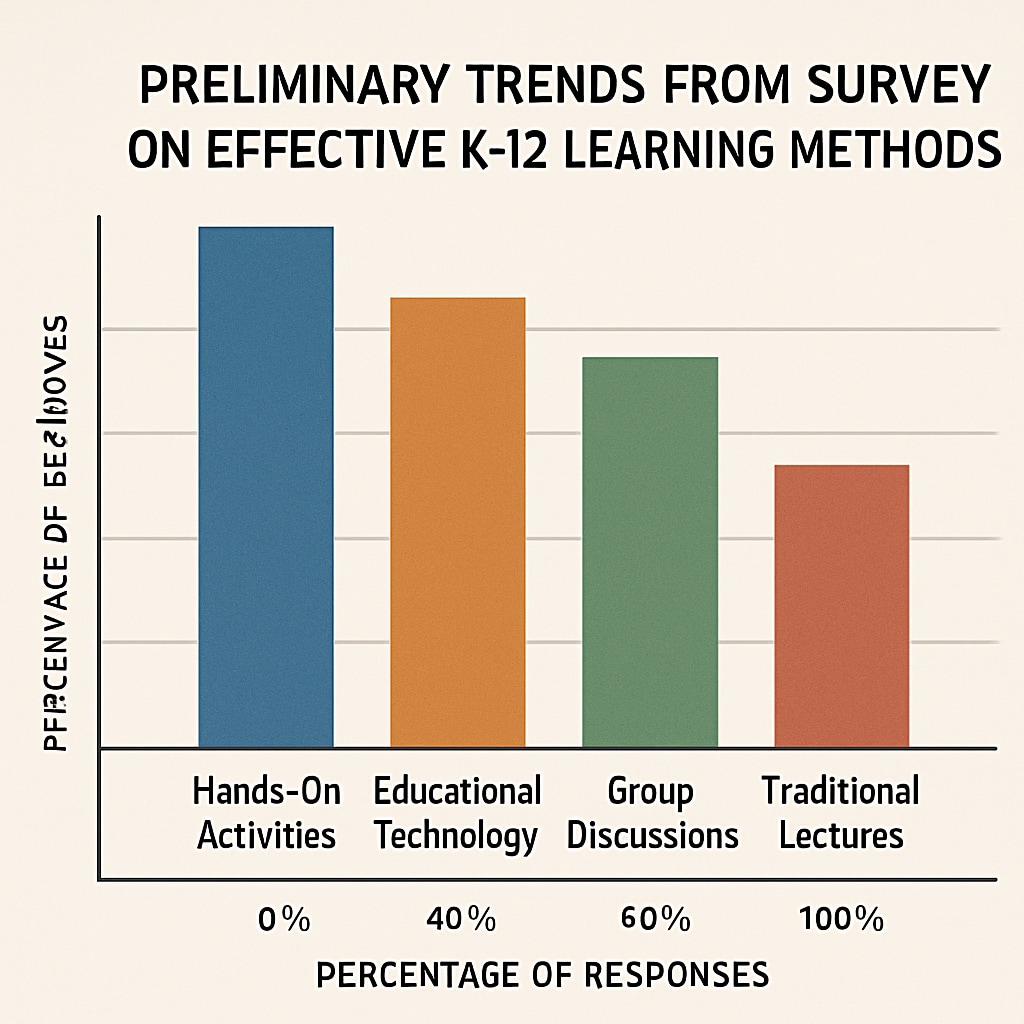Our ongoing research project aims to transform the landscape of K12 education by developing a database of effective learning methods. Currently, we have collected 48 survey responses, and we are striving to reach our goal of 100 submissions. This initiative seeks to involve educators, parents, and students in a collaborative effort to shape the future of education. By gathering diverse perspectives, we aim to create a practical, evidence-based resource that supports innovative teaching and learning practices.
Why Community Collaboration Matters in K12 Education
Education is not a one-size-fits-all endeavor. Each student learns differently, influenced by their unique experiences, skills, and environments. By inviting the broader community to participate in this survey, we tap into a wealth of collective wisdom. Insights from teachers highlight classroom-tested strategies, while feedback from parents sheds light on at-home learning techniques. Students, as the ultimate stakeholders, offer invaluable perspectives on what truly resonates with them.
Community collaboration enriches research by ensuring a diverse range of inputs. This inclusivity strengthens the reliability and applicability of the resulting database, making it a resource that reflects real-world educational needs.

Analyzing the First 48 Responses
The survey responses we have received so far provide a fascinating glimpse into current learning practices. Here are some preliminary trends:
- Interactive Learning: Many respondents emphasize the importance of interactive and hands-on activities for improving student engagement.
- Technology Integration: The effective use of digital tools, such as educational apps and virtual classrooms, is a recurring theme.
- Personalized Approaches: Tailoring lesson plans to meet individual student needs stands out as a critical factor for success.
These findings underline the necessity of adapting teaching methods to align with contemporary educational challenges and opportunities. However, with over half of our target responses still outstanding, we believe there’s much more to uncover.

How You Can Contribute to This Research Project
Achieving our goal of 100 survey responses is essential for ensuring a robust and comprehensive database. Whether you are an educator with years of experience, a parent actively involved in your child’s education, or a student eager to share your insights, your voice matters. Here’s how you can participate:
- Complete the Survey: Share your strategies, observations, and experiences.
- Spread the Word: Encourage your network of teachers, parents, and students to contribute.
- Stay Involved: Follow our project updates and see how your input is shaping the future of K12 education.
Collaboration is the cornerstone of progress. By contributing to this survey, you are playing a pivotal role in redefining learning strategies for the next generation.
The Road Ahead: Building an Evidence-Based Resource
Once we reach 100 responses, our team will analyze the data to identify patterns and best practices. The findings will be compiled into an accessible database aimed at guiding educators and policymakers. This resource will not only highlight effective strategies but also provide actionable recommendations for their implementation.
As a result, this initiative has the potential to spark meaningful changes in classrooms worldwide. By focusing on evidence-based methods, we can equip educators with tools to foster deeper learning and student success.
In conclusion: The success of this research project depends on collective effort. Every response brings us closer to creating a transformative resource for K12 education. Join us in this journey to innovate, inspire, and impact the way we teach and learn.


